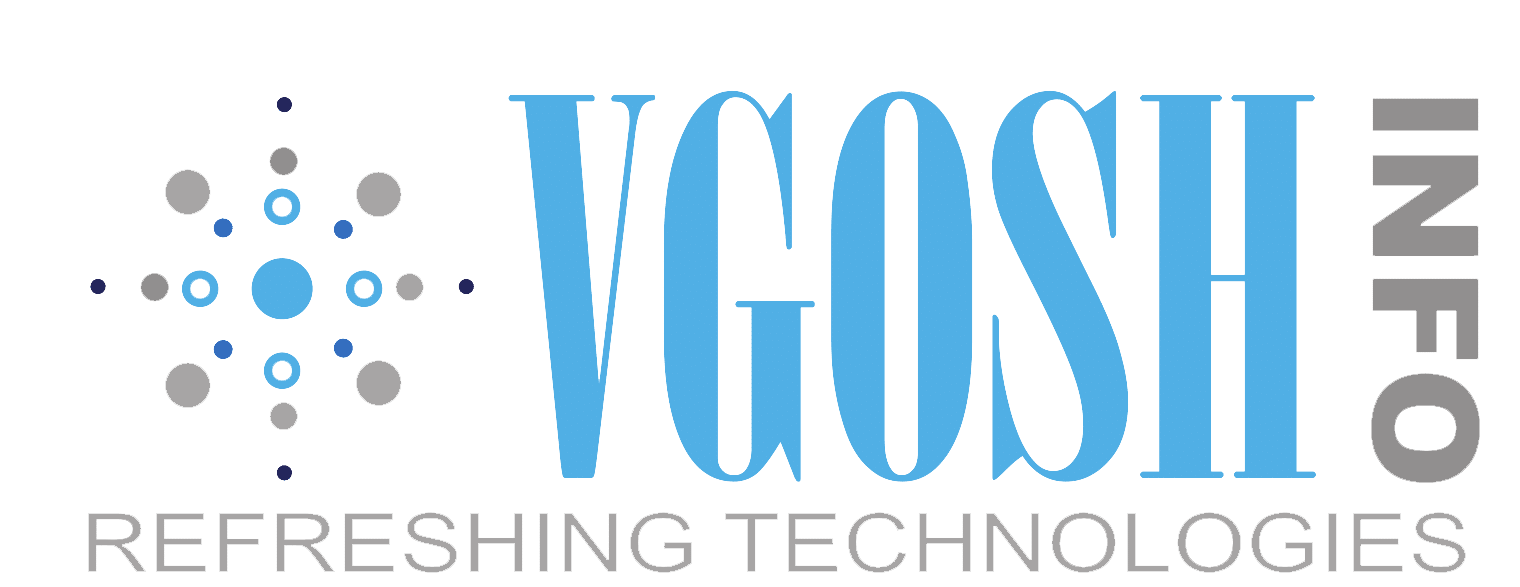The Role of AI in Cybersecurity: Enhancing Threat Detection in Singapore
Artificial intelligence (AI) is rapidly transforming various industries, and cybersecurity is no exception. AI is playing an increasingly crucial role in enhancing threat detection, enabling organizations in Singapore to safeguard their data and systems more effectively.
The Role of AI in Threat Detection
In the complex and ever-evolving cybersecurity landscape, AI offers several advantages in threat detection:
- Real-time Analysis: AI can analyze vast amounts of data in real-time, identifying patterns and anomalies that might be missed by traditional methods. This allows for quicker detection and response to cyberattacks.
- Predictive Analytics: AI can analyze historical data to predict potential threats and vulnerabilities. This helps organizations prioritize security measures and proactively address potential risks.
- Machine Learning: AI-powered machine learning algorithms can continuously learn and adapt, improving their ability to detect new and emerging threats. This ensures that organizations stay ahead of the curve in the cybersecurity race.
AI-Powered Threat Detection Use Cases
AI is being used in various ways to enhance threat detection in Singapore. Here are a few examples:
- Malware Detection: AI can analyze network traffic, emails, and files to identify malicious patterns and signatures associated with malware.
- Phishing Detection: AI can analyze email content, sender information, and links to identify phishing scams that attempt to trick users into revealing sensitive information.
- Anomaly Detection: AI can monitor user behavior and system activity to detect abnormal patterns that might indicate a cyberattack in progress.
- Vulnerability Assessment: AI can scan systems and applications for vulnerabilities that could be exploited by attackers.
AI’s Impact on Cybersecurity in Singapore
The adoption of AI in cybersecurity is having a significant impact on the Singaporean cybersecurity landscape:
- Enhanced Security Posture: AI is helping organizations in Singapore strengthen their security posture by enabling proactive threat detection, vulnerability assessment, and incident response.
- Reduced Cybersecurity Costs: AI is automating many cybersecurity tasks, reducing the need for manual labor and lowering cybersecurity costs.
- Improved Threat Intelligence Sharing: AI is facilitating the sharing of threat intelligence among organizations and government agencies, enhancing collective cybersecurity preparedness.
Challenges and Considerations
Despite its immense potential, AI implementation in cybersecurity also presents challenges:
- Data Privacy Concerns: Collecting and analyzing large amounts of data for AI training raises concerns about data privacy and potential misuse.
- AI Explainability: AI algorithms can be complex and difficult to explain, making it challenging to understand how they reach certain decisions.
- Human Oversight: AI should not replace human expertise in cybersecurity. Human judgment and oversight are still essential in making critical decisions and interpreting AI-generated insights.
Conclusion: AI-Powered Cybersecurity for a Secure Digital Singapore
AI is revolutionizing cybersecurity, providing organizations in Singapore with powerful tools to detect and respond to cyber threats. By embracing AI responsibly and addressing its challenges, Singapore can enhance its cybersecurity posture, protect its digital assets, and foster a more secure digital environment for individuals and businesses alike.
Additional Cybersecurity Issues in Singapore:
In addition to the challenges mentioned above, Singapore also faces specific cybersecurity issues due to its unique position as a global technology hub:
- Cyber Attacks on Critical Infrastructure: Singapore’s reliance on critical infrastructure, such as transportation and energy systems, makes it a prime target for cyberattacks that could disrupt essential services.
- Supply Chain Vulnerabilities: Singapore’s interconnected supply chains make it vulnerable to cyberattacks that could target third-party vendors and gain access to sensitive data or systems.
- Phishing and Social Engineering: Singaporeans are particularly susceptible to phishing and social engineering attacks due to their high level of internet connectivity and digital literacy.
By addressing these challenges and adopting AI-powered cybersecurity solutions, Singapore can maintain its position as a global technology leader while ensuring the safety and security of its digital ecosystem.





